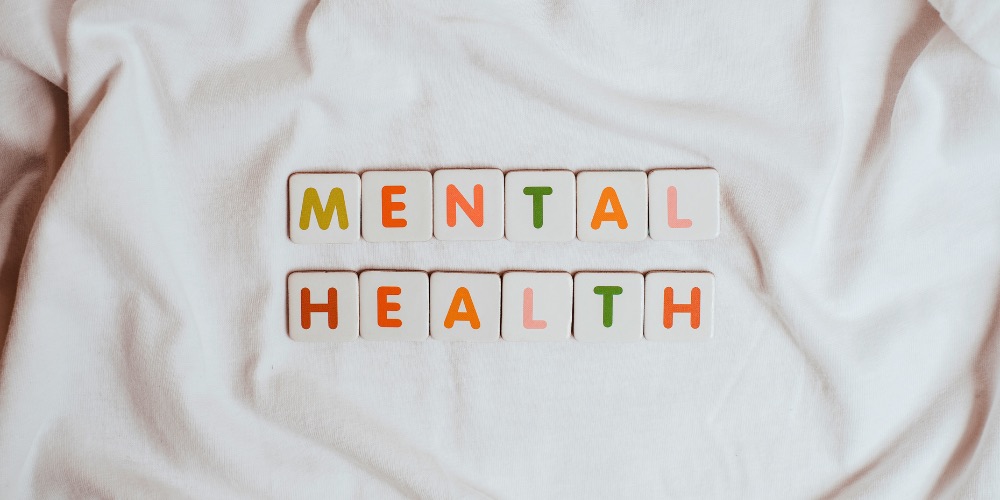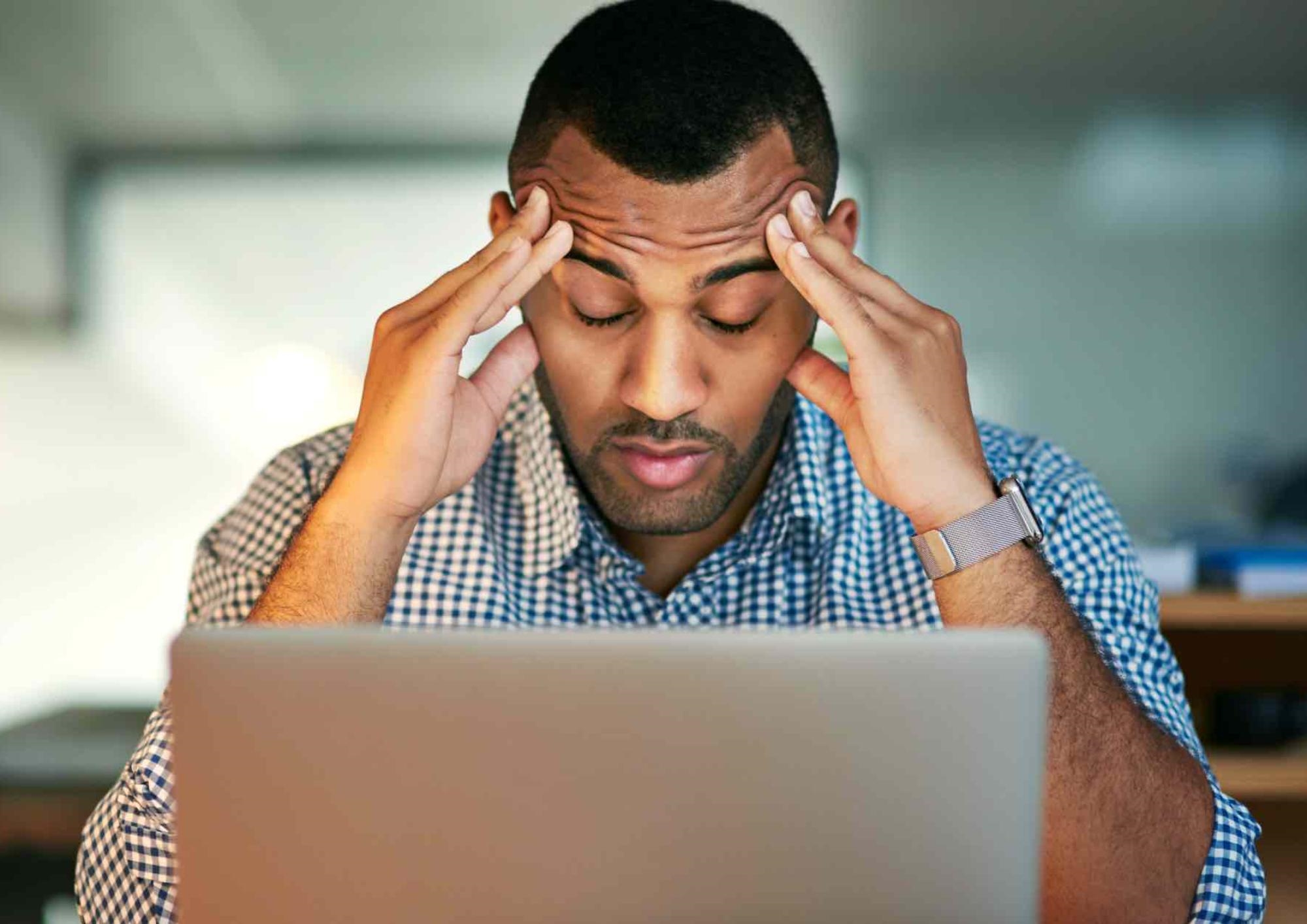
To mark Mental Health Awareness Week we will explore the importance of making time for your mental health and why prioritising self-care is so important. You can also find out information about how to look after yourself, your loved ones, when to seek professional help and the different types of help available for those struggling with their mental health.
What is anxiety?
Anxiety is a common mental health condition that affects millions of people around the world. In fact, according to the World Health Organisation, in 2019, 1 in every 8 people, or 970 million people around the world were living with a mental disorder, anxiety being the most common. Mental Health Awareness Week is an opportunity to raise awareness about anxiety and its impact on people's lives.
Anxiety disorders can be caused by a variety of factors. Some common types of anxiety disorders include panic attacks, social anxiety and specific phobias.
Do I have anxiety?
Anxiety is a feeling of unease, such as worry or fear, that can be mild or severe. Everyone can experience it from time to time and be triggered by different situations, however, when anxiety becomes persistent and starts to interfere with your daily life, it may be a sign of a more serious anxiety disorder.
Here are some common signs and symptoms that may indicate you are experiencing anxiety:
Excessive worrying: Feeling a persistent and uncontrollable sense of worry or unease, often about everyday situations.
Restlessness: Feeling restless or on edge, having trouble relaxing or feeling constantly "on edge" in situations.
Irritability: Becoming easily irritated, agitated, or having a short temper around others.
Sleep troubles: Having difficulty falling asleep, staying asleep, or experiencing restlessness at night.
Fatigue: Feeling tired, lacking energy, or experiencing a general sense of exhaustion.
Difficulty concentrating: Finding it hard to focus, experiencing mind going blank, or having trouble remembering things.
Physical symptoms: Fast heartbeat, sweating, shortness of breath, chest pain and/or headaches.
Avoidance behaviours: Avoiding situations or places that trigger anxiety, such as social gatherings.
Changes in appetite: Experiencing changes in appetite, such as loss of appetite or overeating/binge eating.
Intrusive thoughts: Having recurring and unwanted thoughts, often distressing.
If you have been experiencing any of the above symptoms, or notice these signs in a friend or family member’s behaviour, we recommend seeking medical help from a professional who can accurately diagnose and offer appropriate treatments.
It is important to understand that anxiety disorders are treatable. Treatment options may include therapy, medication, lifestyle changes or a combination of these approaches. Seeking help from a mental health professional can help individuals manage their anxiety and improve their overall quality of life.
During Mental Health Awareness Week 2023, it’s important to remember that anxiety is a common mental health condition that can affect anyone. By understanding anxiety, we can help reduce stigma and promote a more supportive and inclusive society for people living with mental health conditions.
Looking after yourself:
Taking care of your mental health is just as important as taking care of your physical health. There are many things you can do to improve your mental health including:
- Spending time outdoors
- Exercising regularly
- Eating a healthy diet
- Getting enough sleep - 7-9 hours sleep is recommended for adults aged 18-65
- Practising relaxation techniques such as yoga or meditation
- Connecting with others and building a strong support system
- Avoiding alcohol and drugs
- Seeking professional help when needed
When to seek medical help for your anxiety:
It's important to seek medical help if you or a loved one is experiencing severe or persistent symptoms of mental illness, such as:
- Thoughts of self-harm or suicide
- Severe depression or anxiety
- Psychotic symptoms such as hallucinations or delusions
- Substance abuse or addiction
- Eating disorders
- Severe mood swings or changes in behaviour
If you are in crisis or need immediate help, call your local emergency services or go to the nearest emergency room. You can also seek help and advice from charities such as Samaritans or Mind.
Different types of help available for your anxiety:
There are many different types of help available for mental health issues, including:
- Medications: There are many medications available to treat mental health disorders, such as antidepressants. The maximum waiting time for non-urgent, consultant-led treatments is 18 weeks, if you need support and feel you cannot wait this long, you can be prescribed medication from a private GP.
- Psychiatric Therapy: Different types of therapy, such as cognitive-behavioural therapy (CBT), can help individuals work through their mental health issues with the help of a trained therapist.
- Support groups: Support groups can provide a sense of community and support for individuals struggling with mental health issues.
- Self-help strategies: Individuals can also learn self-help strategies, such as mindfulness and relaxation techniques, to manage their symptoms. There are free apps such as Head Space that can help you manage your thoughts and feelings better.
- Hospitalisation: In severe cases, hospitalisation may be necessary to ensure the safety of the individual and provide them with the intensive treatment needed.
Mental health is an essential part of overall health and wellbeing, and it's important to prioritise it. By taking care of yourself, keeping an eye on loved ones, knowing when to seek medical help, and understanding the different types of help available, you can improve your mental health and live a happier, healthier life. Remember, there is no shame in seeking help, and there are many resources available to support you.
Keeping an eye on loved ones:
It's also important to keep an eye on loved ones and offer support when needed. If you notice any changes in their behaviour or mood, such as increased anxiety or depression, it may be a sign that they are struggling with their mental health. Encourage them to seek help and offer to support them in any way you can. Here are 9 ways you can help a friend with anxiety.
How can Pall Mall help you?
If you are struggling with anxiety and are not receiving the support you need, we offer GP appointments as soon as the next day either face-to-face, telephone or video call. Within these appointments you can talk to our private GP’s and receive personalised care and medication needed to meet your needs. We can also internally refer patients to our Psychologists and Psychiatrists, working with children, adolescents and adults.




